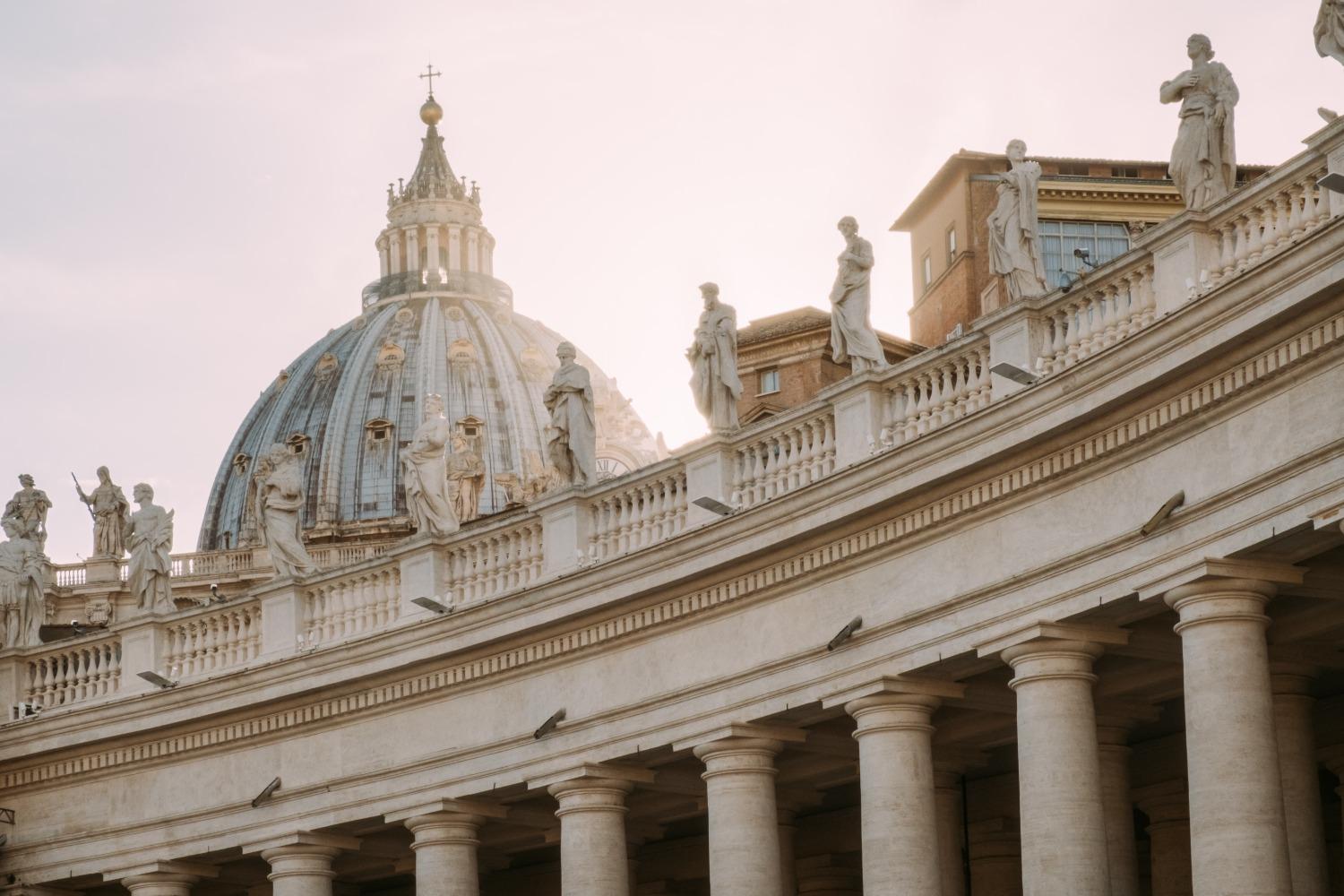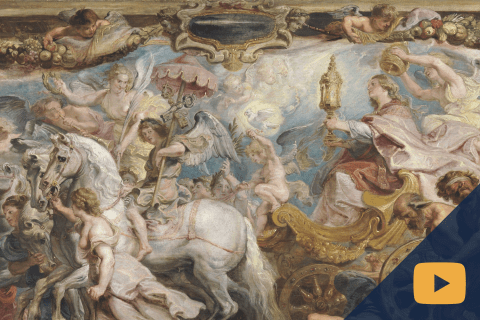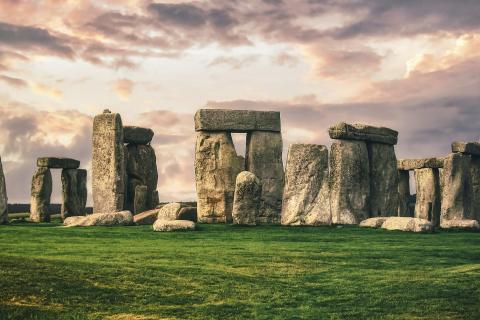
In the wake of the French Revolution, the triplet of “liberty, equality, fraternity” emerged as a moral compass for the secular society. Something similar has happened today in regard to “equity, diversity, and inclusion.” For most pundits and social activists, at least in the West, these three values function as fundamental norms, self-evident moral truths of absolute value that ought to guide our behavior at both the personal and institutional level. But this cannot be right. For whatever plays that determining role must be good in itself, valuable in every and any circumstance, incapable of being positioned by a higher value. Neither equity, diversity, nor inclusion enjoy these prerogatives, and this can be shown readily enough.
First, let us consider equity. Fostering equality is indeed a high moral value in the measure that all people are identical in dignity and are equally deserving of respect. This ethical intuition is embedded in the Declaration of Independence: “All men are created equal and are endowed by their creator with certain inalienable rights.” It is, accordingly, a moral imperative that all people be considered one and the same before the law and provided, as far as possible, parity of opportunity in the educational, economic, and cultural spheres. But equity in all things? Absolutely not. Many inequalities that obtain within human society—differences in intelligence, creativity, skill, courage, energy, etc.—are naturally given and could be eliminated only through a brutally imposed leveling out. And what follows from these natural inequalities is dramatic inequity in outcome: varying levels of attainment in all arenas of life. To be sure, some of these differences are the result of prejudice and injustice, and when this is the case, strenuous action should be taken to right the wrong. But a blanket imposition of equity in outcome across all of our society would result in a massive violation of justice and would be made possible only by the most totalitarian sort of political arrangement.
Now, let us look at diversity. Arguably the oldest problem in the history of philosophy is that of the one and the many—which is to say, how to think clearly about the relationship between unity and plurality at all levels of existence. I believe it is fair to say that, in the last forty years or so, we have massively emphasized the “many” side of this matter, celebrating at every opportunity variety, difference, and creativity, and tending to demonize unity as oppression. God knows that the awful totalitarianisms of the twentieth century provided ample evidence that unity carries a dark side. And multiformity in cultural expression, in personal style, in modes of thinking, in ethnicity, etc. is wonderful and enriching. So the cultivation of diversity is indeed a moral value. But is it an absolute value? Not at all—and a moment’s reflection makes this plain. When the many is one-sidedly emphasized, we lose any sense of the values and practices that ought to unite us. This is obvious in the stress today on the individual’s right to determine his or her own values and truths, even to the point of dictating one’s own gender and sexuality. This hyper-valorization of diversity effectively imprisons each of us on our own separate islands of self-regard and gives rise to constant bickering. We loudly demand that our decisions be respected and our stances tolerated, but the ties that bind us to one another are gone.
And finally, let us cast a glance at inclusivity. Of the three, this is probably the one most treasured in the secular culture of today. At all costs, we are told over and again, we should be inclusive. Once again, there is an obvious moral value to this stance. Every one of us has felt the sting of unjust exclusion, that sense of being on the wrong side of an arbitrary social divide, not permitted to belong to the “in” crowd. That entire classes of people, indeed entire races and ethnic groups, have suffered this indignity is beyond question. Hence the summons to include rather than to exclude, to build bridges rather than walls, is entirely understandable and morally laudable. Nevertheless, inclusion cannot be an absolute value and good. We might first draw attention to a conundrum regarding inclusivity. When a person wants to be included, she wants to become part of a group or a society or an economy or a culture that has a particular form. For example, an immigrant who longs to be welcomed to America wants to participate in an altogether distinctive political society; when someone wants to be included in the Abraham Lincoln society, he seeks entry into a very circumscribed community. In other words, he or she desires to be included in a collectivity that is, at least to some degree, exclusive! Absolute or universal inclusivity is, in point of fact, operationally a contradiction.
Perhaps this principle can be seen with greatest clarity in regard to the Church. On the one hand, the Church is meant to reach out to everyone—as is suggested symbolically by the Bernini colonnade outside of St. Peter’s Basilica. Yet, at the same time, the Church is a very definite society, with strict rules, expectations, and internal structures. By its nature, therefore, it excludes certain forms of thought and behavior. Cardinal Francis George was once asked whether all are welcome in the Church. He responded, “Yes, but on Christ’s terms, not their own.” In a word, there is a healthy and necessary tension between inclusion and exclusion in any rightly ordered community.
Having shown that none of the three great secular values are in fact of absolute value, are we left in a lurch, forced to accept a kind of moral relativism? No! In point of fact, the supreme value that positions every other value, the unsurpassable moral good in which all subordinate goods participate, can be clearly named. It is love, which is willing the good of the other as other, which indeed is the very nature and essence of God. Are equity, diversity, and inclusivity valuable? Yes, precisely in the measure that they are expressions of love; no, in the measure that they stand athwart love. To grasp this is of crucial importance in the moral conversation that our society must have.
This article has been republished from Word on Fire. It was originally published on November 4, 2021.


